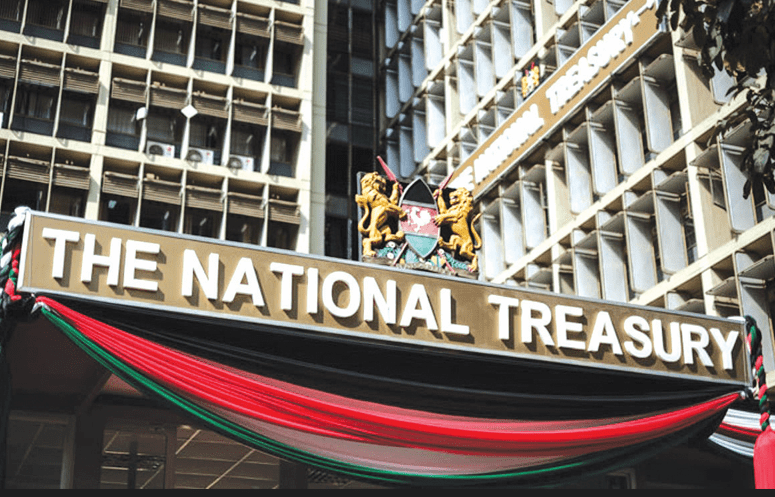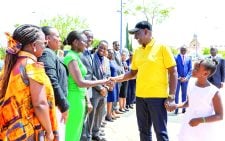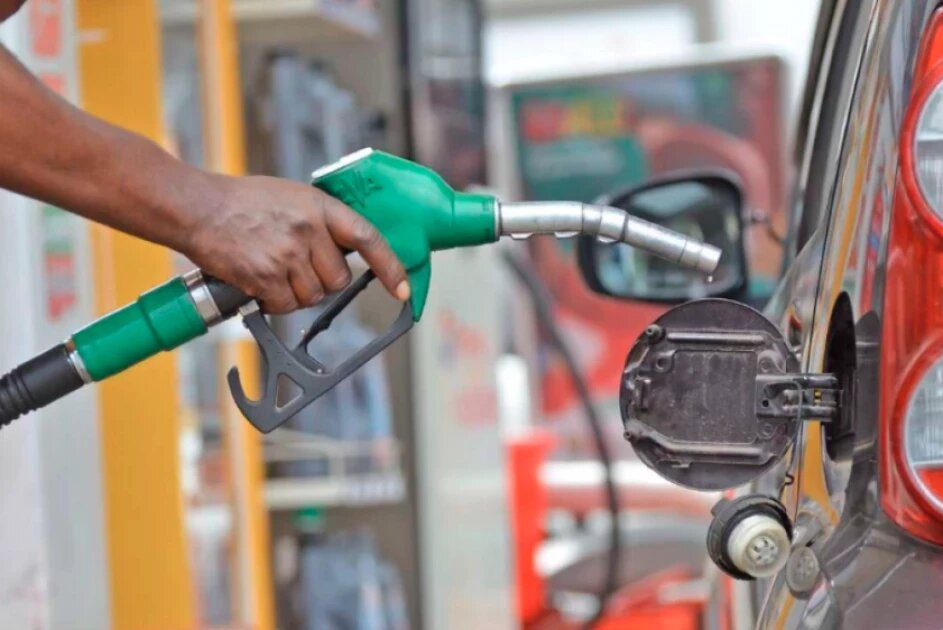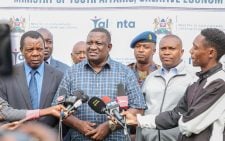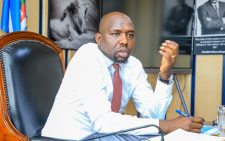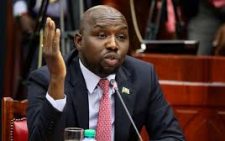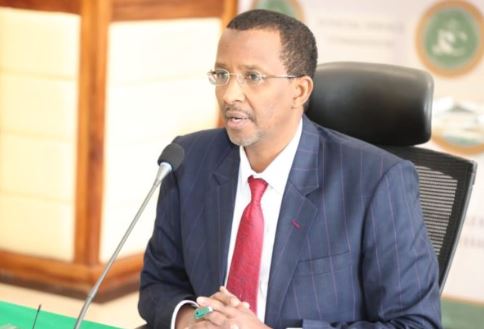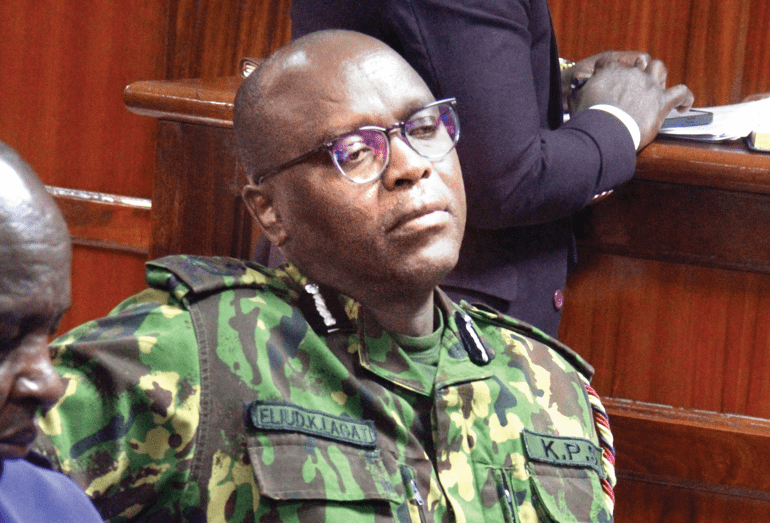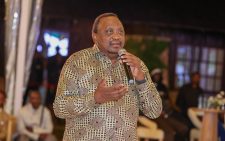Europe backs Mission 300 as Africa races to halve energy poverty by 2030
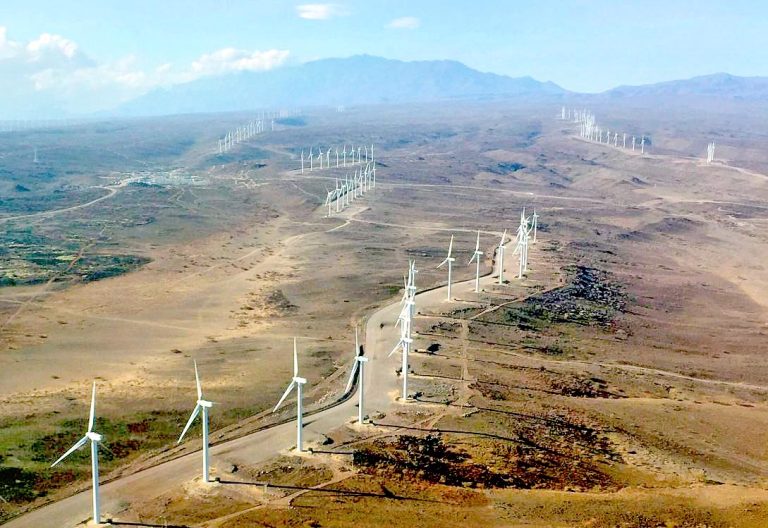
Africa remains shackled in “energy poverty”, with 600 million people on the continent deprived of access to electricity and exposed to its associated climate risks.
In January, during the Mission 300 Africa Energy Summit in Dar es Salaam, Tanzania, African leaders committed to drastically cutting the continent’s energy poverty by halving the 600 million citizens of the continent currently without access to electricity.
The 30 African heads of state and government who attended the Dar energy summit made the commitment, as partners pledged more than Ksh6.47 trillion in support of increasing energy across Africa.
The African-led summit acquired an additional Ksh1.03 trillion for energy transformation after the World Bank and the African Development Bank (AfDB) announced a plan to allocate Ksh6.21 trillion in financing for Mission 300 (M300) through 2030.
Agence Française de Développement (AFD) committed 1 billion euros, the Asian Infrastructure Development Bank Ksh129.3 billion to Ksh193.95 billion, the Islamic Development Bank Ksh342.65 billion, and the OPEC Fund Ksh129.3 billion.
The Rockefeller Foundation committed Ksh2.06 billion to support the work, including Ksh1.29 billion to Zafiri, the World Bank’s new distributed renewable energy investment company.
African leaders committed to concrete reforms and actions to expand access to reliable, affordable and sustainable electricity to power growth, improve quality of life, and drive job creation.
By addressing the fundamental challenge of energy access, Mission 300 will serve as the cornerstone of the jobs agenda for Africa’s growing youth population, the foundation of future development, while building resilience to the impacts of climate change.
Connecting millions
Commitments made through the historic Dar es Salaam Energy Declaration are critical to the Mission 300 initiative that unites governments, multilateral development banks (MDBs), partners, philanthropies and the private sector to connect 300 million Africans to electricity by 2030.
Last week, the Overseas Development Institute (ODI) hosted a webinar, ‘Powering Africa’s Future: Europe’s Role in Advancing Mission 300’.
Africa-led solutions took centre stage in expert panel discussions moderated by Mission 300 Accelerator, RF Catalytic Capital, and The Rockefeller Foundation CEO Andrew Herscowitz.
“We are at a critical turning point, a critical juncture with 600 million Africans still without access to electricity. When I calculated, this is more than the entire population of the European Union, so it’s quite a shocking number to imagine that all of Europe would have no access to electricity,” said Herscowitz, noting that it is an unacceptable barrier because it’s a barrier to opportunity, a barrier to dignity and a barrier to growth.
“When M300 was launched, I was very excited because it showed a collective answer to this challenge. But it takes only half of it, which is to connect 300 million people to electricity by 2030,” he added.
The AfDB at the time pledged to deliver 50 million of those connections.
Herscowitz thinks it should and can do more.
“I hope the new leadership under Dr Sidi Ould Tah, who is succeeding Dr Akinwumi Adesina, will take his idea that every dollar should work as 10 to actually help us to speed up that delivery,” argued Herscowitz, who pointed out that M300 is a delivery test for the MDB system, because if the system does not deliver for such as critical and well-defined objective, it would be the conclusion of our shared credibility.
“Under President Adesina, the AfDB has laid the crucial groundwork. I’m very excited, for example, for the Desert to Power initiative, which tackles energy issues in a very difficult area,” he explained.
The Desert to Power initiative seeks to create the world’s largest solar energy generation zone by harnessing the solar potential of the Sahel countries.
“The new deal on energy for Africa raises the spectrum and puts energy front and centre in terms of priorities, but also the work of revamping the existing catalytic facilities like the United Nations Sustainable Energy for All (SEforALL).
Mission 300’s country compacts have already been adopted by 12 nations and an additional 20 are negotiating compacts to drive electrification through policy reforms and utility modernisation.
Collaboration across sectors—governments, MDBs, philanthropies, and private investors—was understood as critical to de-risking projects and scaling innovations like mini-grids.
Europe’s role in providing catalytic finance, such as guarantees and blended capital, and technical expertise was highlighted to accelerate progress toward connecting 300 million Africans by 2030.
Access to sustainable, reliable, and affordable energy is the foundation for economic opportunity, healthcare and education.
Yet nearly 600 million people across Africa still lack electricity—accounting for 83 per cent of the global energy deficit.
In response, the World Bank, AfDB, and their partners, including The Rockefeller Foundation, the Global Energy Alliance for People and Planet (GEAPP) and SEforALL, launched Mission 300, an ambitious initiative to drive electrification through targeted investments and policy reforms.
Expert opinion
A key component of this effort is the Mission 300 Fellowship Programme (managed by ODI Global Washington and funded by the Rockefeller Foundation’s RF Catalytic Capital (RFCC), which places highly qualified African professionals in key government ministries across 14 countries to accelerate energy projects and drive policy reform.
The expert discussions at last week’s webinar examined Mission 300’s approach to policy reforms, capacity building and multilateral cooperation to accelerate electrification in Africa.
Panellists shared how the UK and Europe, as well as other partners, plan to help overcome barriers and build partnerships to drive investment.
Among the panellists were British International Investment CEO Leslie Maasdorp, GEAPP CEO Woochong Um, European Bank for Reconstruction and Development (EBRD) Managing Director Heike Harmgart, The Rockefeller Foundation Senior Vice-President for Power and Climate Ashvin Dayal, and SouthBridge Investments Senior Partner and CEO Frannie Léautier.
The panel, which focused on Europe’s role in advancing M300, aimed to answer the pressing question: What does it take to help Mission 300 deliver on its unprecedented effort to bring electricity to 300 million Africans by 2030, and what’s different this time?
Reform principles
ODI Global Risks and Resilience Programme Director Rebecca Nadin said Mission 300’s commitment to electricity access to 300 million people by 2030 is ambitious and can only be successful if truly led by African governments themselves.
She said the 30 African leaders who met early this year in Dar es Salaam collectively agreed to certain reform principles that will drive investment in their countries.
Formal compacts are structured around five key pillars: increasing power generation, transmission and distribution, supporting cross-border power transmission and regional power trading, expanding electricity and clean cooking access, creating a strong investment climate for the private sector and improving power utilities’ performance.
In 2015, the UK government launched the Energy Africa campaign, aiming to promote universal electrification, while the European Union has been implementing its electrification programme for many years globally.
Sustainable Development Goal 7 (SDG7) aims to achieve universal electrification by 2030, with SEforALL spearheading its advocacy campaign.
At Glasgow COP26, the Rockefeller Foundation, the Bezos Earth Fund, the IKEA Foundation and others launched the GEAPP to drive forward electrification.
“So, we can see there have been successes. There have been efforts and different sectors coming together to drive this agenda forward. However, those successes, particularly in Africa, have barely kept up with population growth,” noted Nadin.
